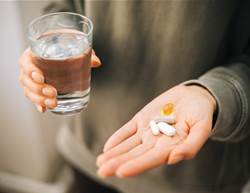When you think of the powerhouse nutrients your body needs, your mind probably doesn’t jump to potassium—but it should. A majority of the potassium in your body hangs out in your cells, where it helps your nerves and muscles communicate, transports other nutrients, keeps your kidneys functioning properly, and stops your sodium levels from spiking too high.
You should have an easy time getting enough potassium if you eat lots of fruits and vegetables, but “unfortunately many people don’t eat enough whole, unprocessed foods—the type that are high in potassium,” explains dietitian Ginger Hultin.
Research shows that most people only get about half the 4,700 milligrams of potassium they need in a day, she adds.
(Want to pick up some healthier habits? Sign up for FREE to get healthy living tips, weight loss inspiration, slimming recipes and more delivered straight to your inbox!)
“One reason a person would be low in potassium is if they’re simply not getting enough from the diet,” Hultin explains. Still, this might just set you up for an inadequate intake rather than a true deficiency, which is also known as hypokalemia. Mild hypokalemia can cause constipation, muscle weakness and fatigue.
But when deficiency becomes severe, so do the symptoms. “Potassium deficiency is actually deadly,” says Hultin. “People who have an outright deficiency could quickly face dangerous cardiovascular troubles.” Deficiency is much more common in people who are losing potassium rapidly through their urine or stool, such as those who abuse laxatives and diuretics or have a GI disorder, uncontrolled diabetes, or diarrhoea. Heavy sweating—say, during a hot outdoor endurance workout—can also flush potassium from your system quickly.
“When potassium is being lost due to a medication or medical condition, a deficiency is a real possibility and should be assessed and treated by a doctor,” says Hultin. “An outright deficiency would be unusual in an otherwise healthy person.” It can be hard to tell if you’re meeting your daily needs, but there are a few symptoms to keep an eye for.
Here are six signs you’re low in potassium—and exactly how you can get enough of it in your diet.

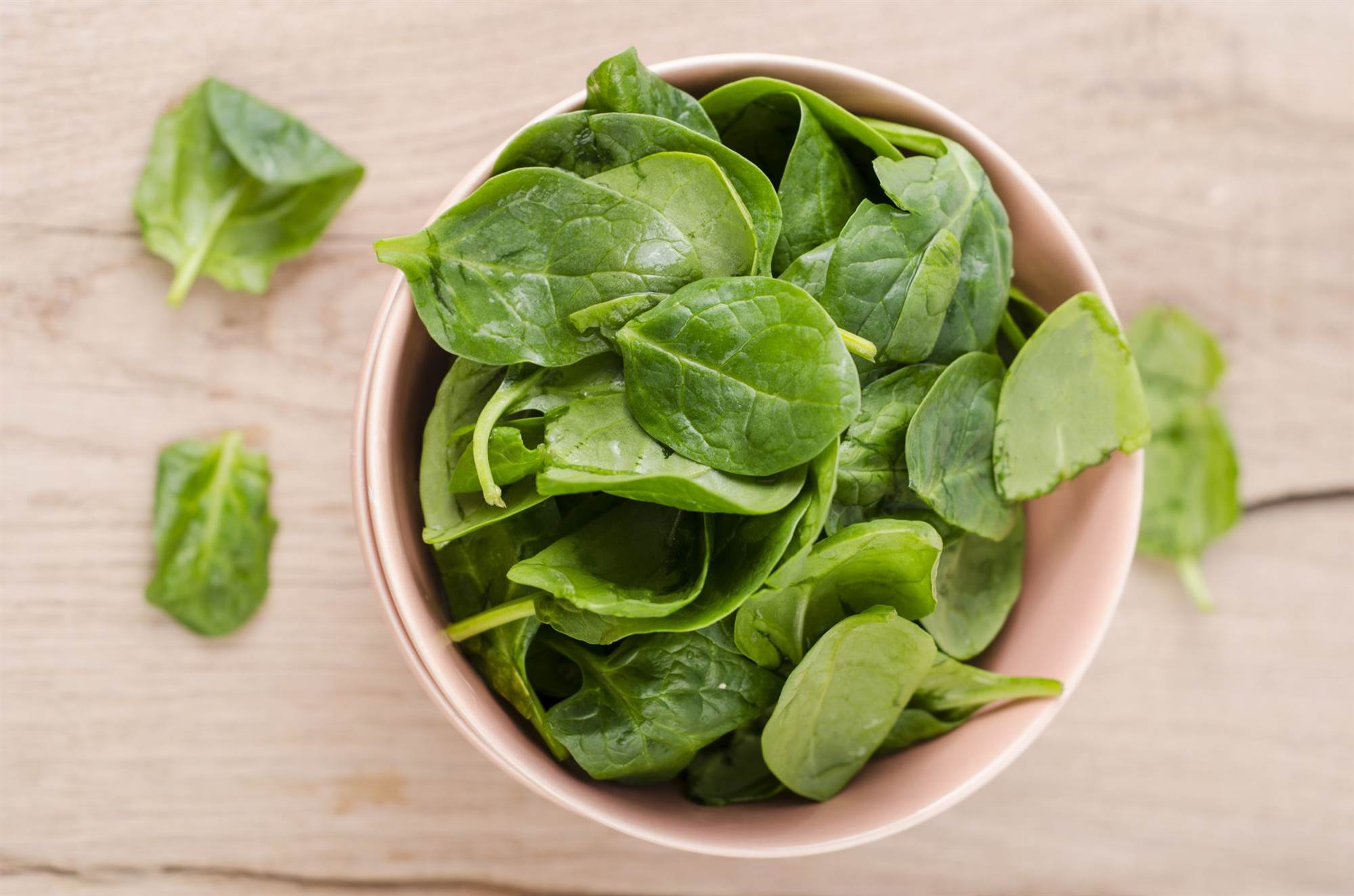
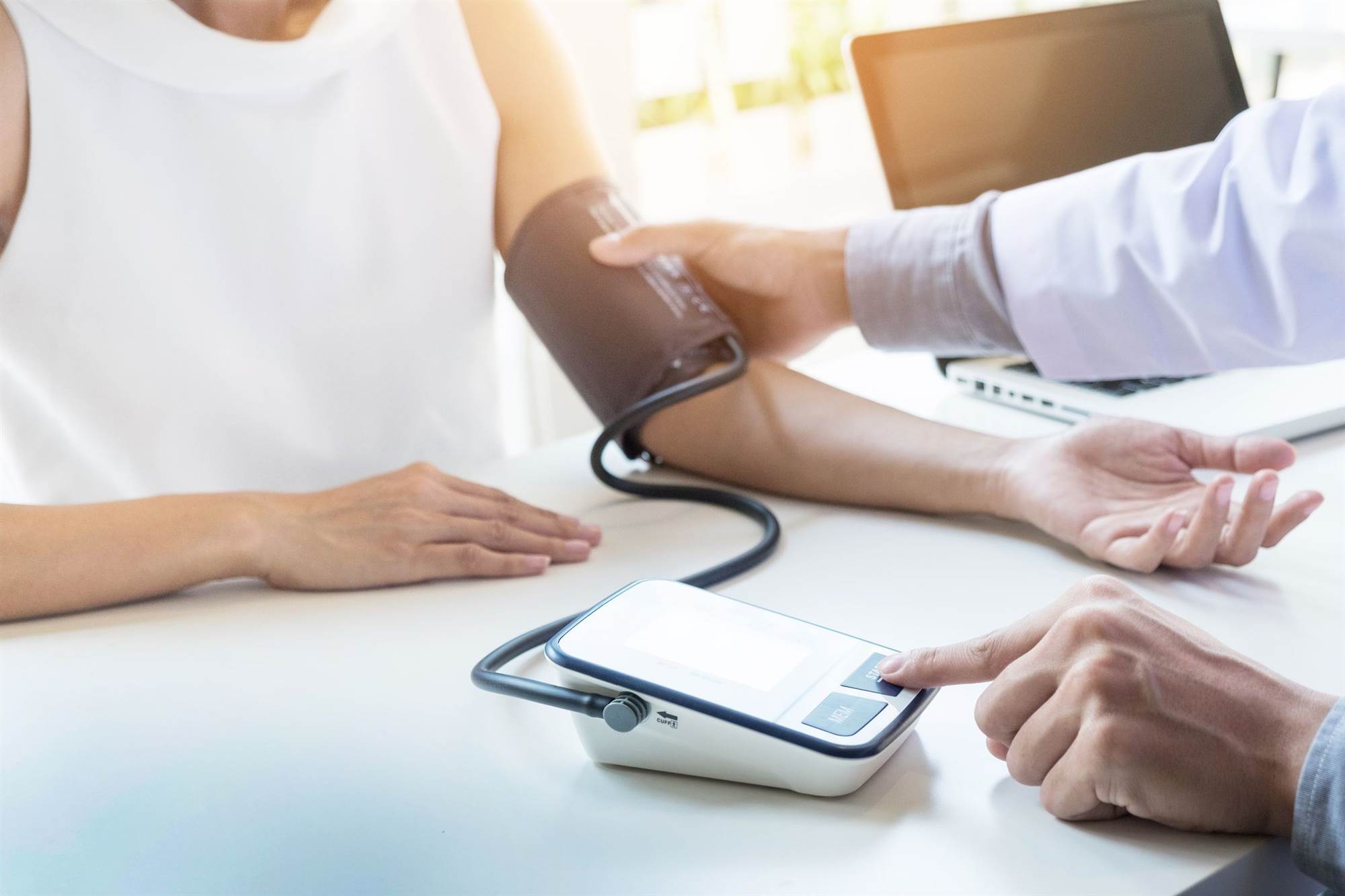
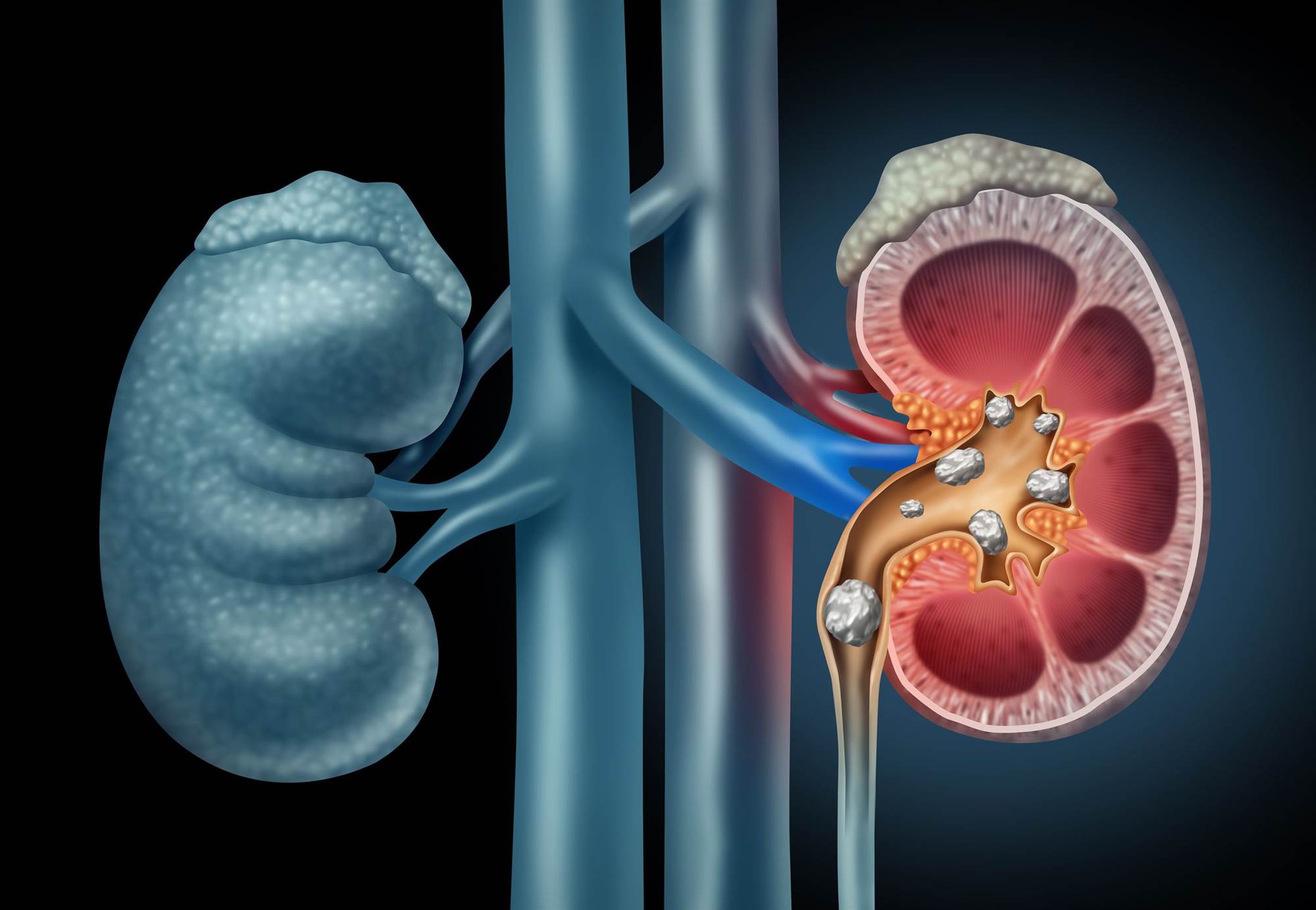

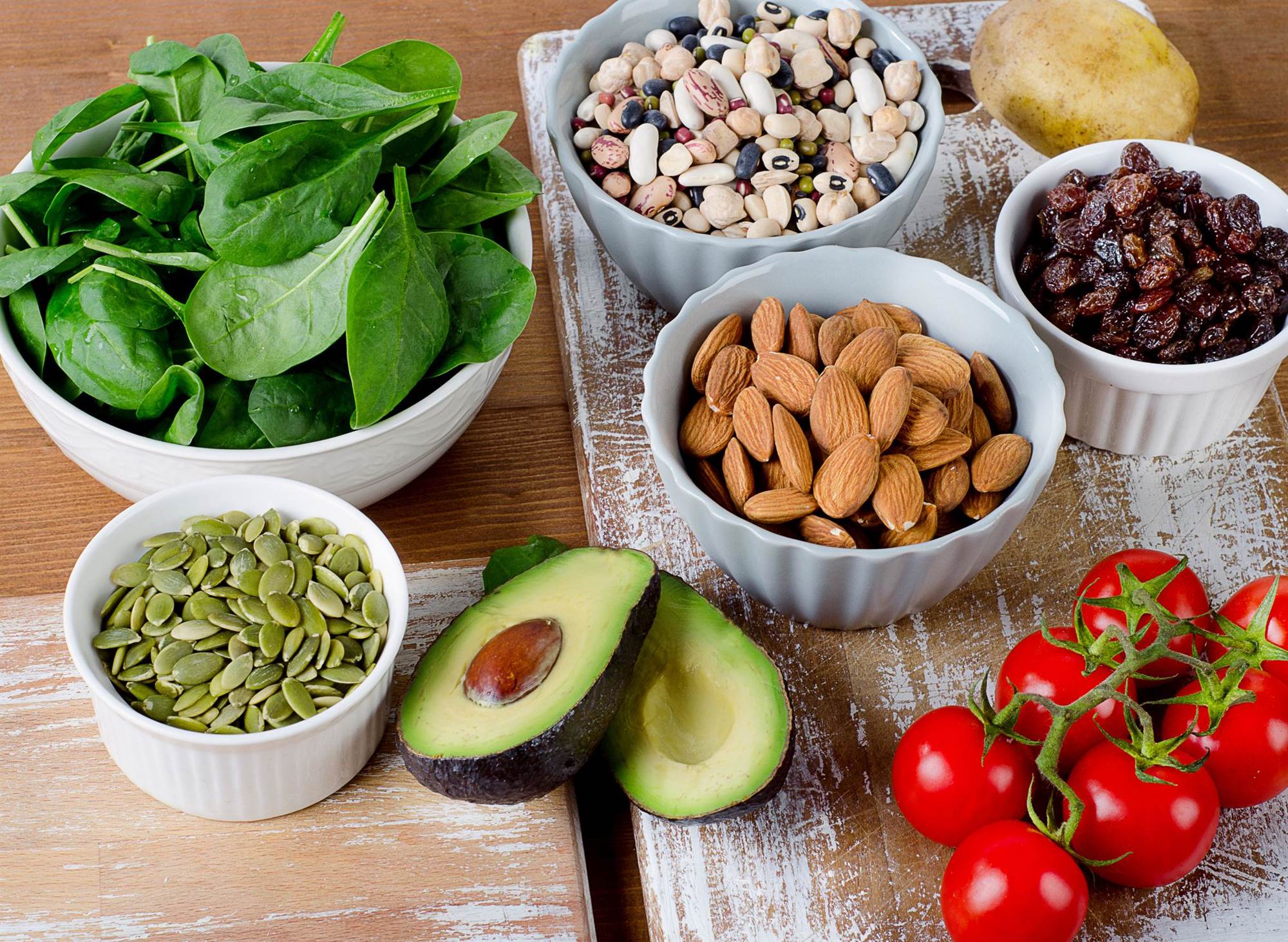
©Getty Images
1) You have an irregular heartbeat
A moderate to severe potassium deficiency can cause cardiac arrhythmias, or an abnormal heartbeat, especially if you’re already at a high risk of heart disease. In fact, research shows that 7 to 17 percent of patients with cardiovascular disease suffer from hypokalemia. This is due to its impact on muscle contractions, and therefore, heart function.
If you feel like your heart is pounding, fluttering, or skipping a beat, you should head to the doctor ASAP. Irregular heartbeats can be extremely dangerous and lead to cardiac arrest - which can be fatal.
©Getty Images
2) You're also low in magnesium
All the nutrients you eat on a daily basis work together to help your body perform at its best - so when you don’t get enough of one essential nutrient, you can become insufficient or deficient in another.
Magnesium - a mineral that is involved with hundreds of chemical reactions in your body - actively transports potassium across your cells. So when you start to dip low in magnesium - which you can find in spinach, nuts, soy milk, black beans, avocado, and peanut butter - your potassium levels can suffer, too. In fact, more than 50 percent of people with severe potassium deficiency might also be deficient in magnesium.
©Getty Images
3) Your blood pressure reads sky high
“Potassium and sodium have a balance in the body,” says Hultin. “There is some evidence that if sodium levels are too high and potassium levels are too low, that this can play a role in elevated blood pressure, which can lead to stroke.”
Think of potassium as salt’s main sidekick. When you take in too much sodium, your blood vessels gets stressed out. But because potassium works to flush the stuff from your body, it can tamp down some of the heart-damaging effects of excess salt, according to the American Heart Association. Plus, potassium helps you blood vessel walls relax, which can aid in lowering your blood pressure, too.
©Getty Images
4) You have kidney stones
Kidney stones are hard masses made of minerals that form inside your kidneys. Passing them through your urine can be extremely painful, but usually they don’t do too much damage if you recognise one early on. In a study of more than 90,000 women aged 34 to 59 who had no history of kidney stones, researchers found they had a 35 percent lower of kidney stones after a 12-year follow up if they downed more than 4,099 milligrams of potassium daily compared to women who ate less than 2,407 milligrams, according to the NIH.
Stones that contain calcium are the most common type - and because potassium helps your kidneys flush excess calcium through your urine, not getting enough of it can cause these masses to develop.
©Getty Images
5) Your muscles are cramping up
If painful muscle spasms in your legs are a consistent issue, a lack of potassium could be to blame, since you lose electrolytes (including potassium) during a tough workout.
“For athletes, a lack of potassium can lead to muscular complications, including problems contracting and reduced blood flow, which can lead to dangerous rhabdomyolysis,” says Hultin, a serious condition in which your muscle tissue breaks down quickly, often resulting in kidney damage. “Low potassium in athletes can lead to muscle weakness, fatigue, and cramping.”
The fix? Guzzle a sports drink that contains electrolytes instead of plain water, suggests Lemond.
©Getty Images
6) How to get enough potassium
The best way to hit the recommended 4,700 milligrams of potassium per day is to load your diet with fruits and vegetables.
Your mind might jump straight to bananas, but there are plenty of foods that pack in the potassium. You can find it in whole foods like leafy greens, tomatoes, cucumbers, zucchini, eggplant, avocado, pumpkins, potatoes, carrots, raisins, carrots, beans, dairy products like milk and yoghurt, meat, poultry, fish, and nuts, says Hultin.
“Supplements may be prescribed by a doctor if someone has a medical condition or is on certain medications,” she adds. “Keep in mind that supplementing on your own with potassium can actually be dangerous and cause problems with heart rhythm or even cardiac arrest, so always work with your doctor if you have questions about getting more in pill form.”
Additional reporting boy Joy Manning






